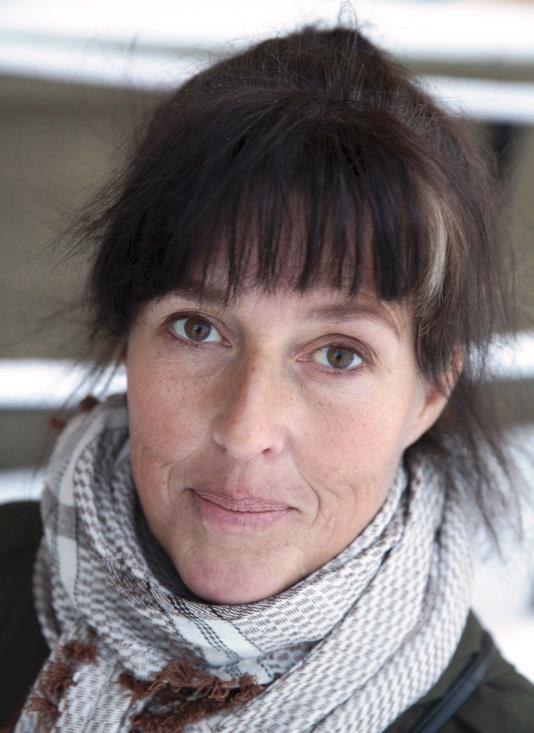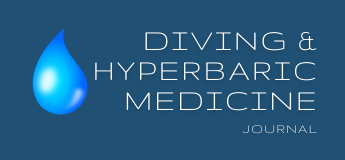Erika Schagatay, born in Lappland, Sweden, was an active scuba diver in the Ice Sea, North of Norway, in the 1980s, but is now more devoted to advanced freediving, inspired to go  deeper from observing the world competition elite. She studied biology at Lund University and after Master’s study in marine biology at Göteborg University, completed her doctoral dissertation on human breath-hold diving back in Lund in 1996. Since 2000, she has worked at Mid Sweden University where she heads the Environmental Physiology Group, studying human performance in extreme environments. The special focus is on human breath-hold diving, but her research also involves high altitude climbing, thermal physiology and some pathological conditions causing limited oxygen supply. Field studies involving, for example, Japanese Ama divers, competition freedivers and high altitude populations have lead to novel findings, further explored and explained through laboratory experiments, and results have been presented in about 50 original scientific publications. Lately she has led several research expeditions to SE Asia to study the diving population Sama Bajau.
deeper from observing the world competition elite. She studied biology at Lund University and after Master’s study in marine biology at Göteborg University, completed her doctoral dissertation on human breath-hold diving back in Lund in 1996. Since 2000, she has worked at Mid Sweden University where she heads the Environmental Physiology Group, studying human performance in extreme environments. The special focus is on human breath-hold diving, but her research also involves high altitude climbing, thermal physiology and some pathological conditions causing limited oxygen supply. Field studies involving, for example, Japanese Ama divers, competition freedivers and high altitude populations have lead to novel findings, further explored and explained through laboratory experiments, and results have been presented in about 50 original scientific publications. Lately she has led several research expeditions to SE Asia to study the diving population Sama Bajau.
Erika is also active as a certified trainer for recreational freedivers and has worked as a board member in the Swedish Diving Federation with developing safety regulations for freediving and establishing competitive freediving as a sport in Sweden under the official sports federation, which was accomplished during 2012. She has been internationally consulted concerning freediving safety by both AIDA and CMAS, and has been involved in the education of baromedical specialists in freediving physiology in several European countries.
